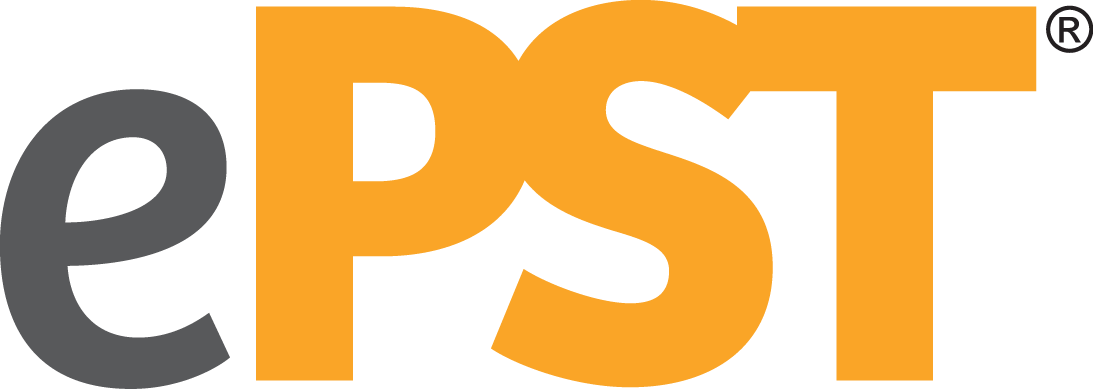PST teaches skills to manage daily life problems. The focus is on addressing concrete, observable problems rather than targeting thought processes and emotions.
ePST® offers computer-guided delivery of Problem-solving Treatment (PST).
A form of cognitive-behavioral therapy, PST is one of the most widely studied therapies for depression. PST helps people learn skills for managing daily life problems rather than focusing on modifying thoughts and feelings directly.
Rationale and Research
The premise of PST is that taking an active role in problem-solving helps people suffering from depression feel more in control of their lives.
Decades of research on PST from across the globe has shown it to be effective for individuals of all ages and from various socio-economic and cultural backgrounds. Moreover, it has shown that PST can be effective treatment for suicide prevention.
Help people re-engage by
Focusing on the here and now rather than dwelling on the past
Addressing concrete, observable problems in daily life
Taking an active role to plan and implement solutions
Building enjoyable activities into daily life
Depression and Solving Problems
People with depression or stress often avoid dealing with their daily life problems. Hopelessness and low energy hinder active problem-solving. Instead, they passively rely on the actions of others or the passage of time to resolve issues. Problems build up and become more overwhelming, depression deepens, and they become more passive and withdrawn.
Types of Problems
Relationships
Coping with health issues
Adherence to medical regimens
Finances
Employment or schoolwork
Housework and daily routines

In ePST (electronic problem-solving treatment) an on-screen expert clinician guides clients step-by-step through problem-solving, providing personalized feedback and life-like responses.
A virtual expert therapist helps users learn to:
- Identify problems
- Brainstorm possible solutions
- Plan and take actions to solve their own problems.
Taking action leads to a greater sense of control, improves mood and reduces depression.
Behavioral Activation
PST also includes behavioral activation — scheduling regular enjoyable activities — which is also known to positively affect mood. ePST also includes this important element.

